BOONE, N.C. — Winston-Salem’s chief of police, Catrina Thompson ’09, said her Master of Public Administration (MPA) degree with a concentration in public management from Appalachian State University not only opened doors for her — it opened a valuable connection to the community.
“I knew about law enforcement,” said Thompson, who was sworn in as chief in 2017, “but I wanted to better understand the other parts of local government — code enforcement, community development, how city budgets were managed and how the organizational structure worked for the city.”
Learning how law enforcement works within the bigger picture contributed to the guiding principles Thompson uses to lead a community-oriented policing agency. “What that means is our whole agency — from the dispatchers to the responding officers to the forensics team — is taught to handle the work as if it were being done for members of our own families,” she explained.
“We may have only one opportunity to do it right, so we need to do it right every time,” Thompson added.
Thompson requires her command staff members to go to residential training and leadership classes. She also requests they engage in the community by participating on boards and committees in the city.
“Being a community means we’re developing relationships, building bridges and breaking down walls and barriers to forge allies,” said Thompson, a 25-year veteran of the Winston-Salem Police Department (WSPD). “If we do those things, we’ll build trust and confidence and legitimacy in the profession. That will not only help us in solving crimes but in preventing them from happening.”
For example, Winston-Salem police raise funds for local charities during “No shave November,” when Thompson relaxes grooming policies in exchange for donations. The department also holds a toy drive and prepares meals for underserved families during the holidays.
“We have ‘High Five Fridays,’ where our officers visit local schools and give the children high-fives as they get off the bus and encourage them to work hard in school,” Thompson said. “Things like this, over time, will develop a healthier community.”
Thompson was a police lieutenant with WSPD when she enrolled in Appalachian’s distance education MPA program. While serving full-time on the police force, Thompson took courses taught by Appalachian professors who traveled to Winston-Salem to instruct. She finished her degree in 2009.
Thompson said forming relationships with other Appalachian graduates has contributed to her success. “The network is strong — we support one another,” she shared. Appalachian’s MPA program has a strong reputation in the state, Thompson said, with many alumni in city and town leadership positions.
Dr. Kathryn Webb-Farley, assistant professor and director of the MPA program at Appalachian, said Thompson is engaged as an alumna. “This summer, Chief Thompson attended an information session for our new Forsyth MPA cohort and encouraged prospective students to see the value of the program and the strong network they’ll enter into,” Webb-Farley said.
As police chief, Thompson said she enjoys leading and working with people. “I love the people I work with and consider them family. None of us are as good alone as we are together. Together we can conquer many things and make our communities safer,” she said.
What do you think?
Share your feedback on this story.
About the Department of Government and Justice Studies
Appalachian State University’s Department of Government and Justice Studies offers undergraduate programs in political science and criminal justice, and graduate programs in political science and public administration. Housed in the College of Arts and Sciences, the department has over 600 undergraduate majors and more than 70 graduate students. Learn more at https://gjs.appstate.edu.
About the College of Arts and Sciences
The College of Arts and Sciences (CAS) at Appalachian State University is home to 17 academic departments, two centers and one residential college. These units span the humanities and the social, mathematical and natural sciences. CAS aims to develop a distinctive identity built upon our university's strengths, traditions and locations. The college’s values lie not only in service to the university and local community, but through inspiring, training, educating and sustaining the development of its students as global citizens. More than 6,800 student majors are enrolled in the college. As the college is also largely responsible for implementing App State’s general education curriculum, it is heavily involved in the education of all students at the university, including those pursuing majors in other colleges. Learn more at https://cas.appstate.edu.
About graduate education at App State
Appalachian State University’s Williams School of Graduate Studies helps individuals reach the next level in their career advancement and preparedness. The school offers 80 graduate degree and certificate programs — both in person and online — in a range of disciplines, including doctoral programs in education (Ed.D.) and psychology (Psy.D.). The graduate school enrolls nearly 2,000 students. Learn more at https://graduate.appstate.edu.
About Appalachian State University
As a premier public institution, Appalachian State University prepares students to lead purposeful lives. App State is one of 17 campuses in the University of North Carolina System, with a national reputation for innovative teaching and opening access to a high-quality, cost-effective education. The university enrolls more than 21,000 students, has a low student-to-faculty ratio and offers more than 150 undergraduate and 80 graduate majors at its Boone and Hickory campuses and through App State Online. Learn more at https://www.appstate.edu.
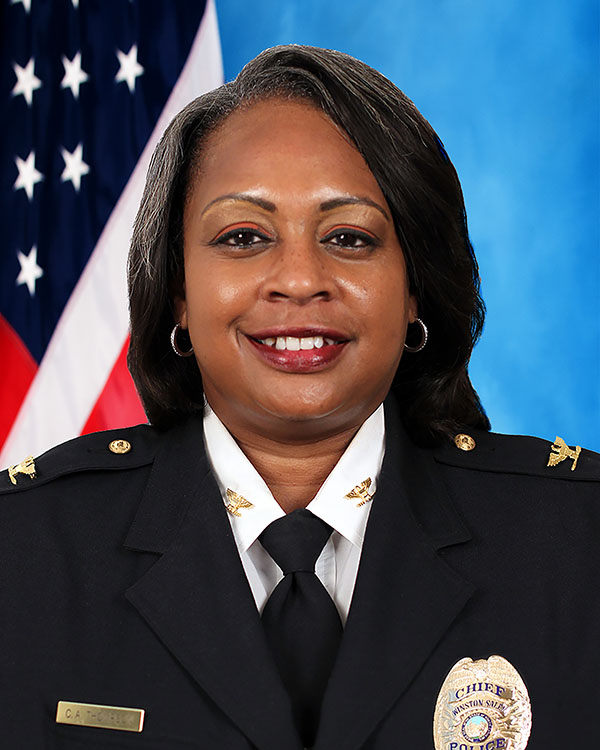
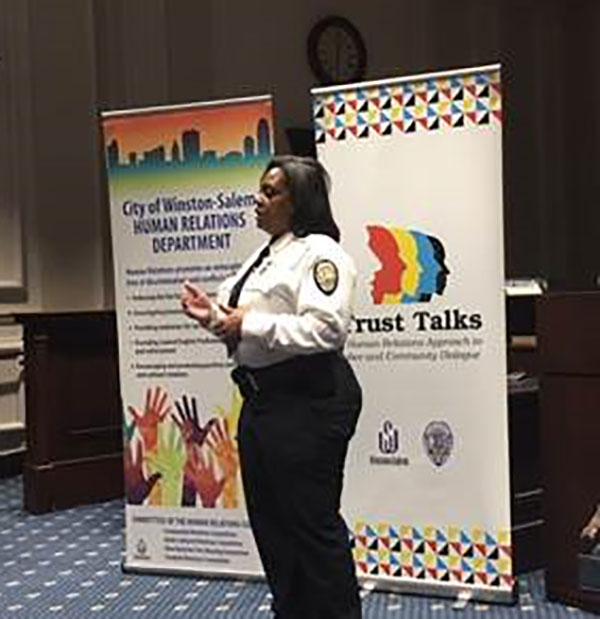
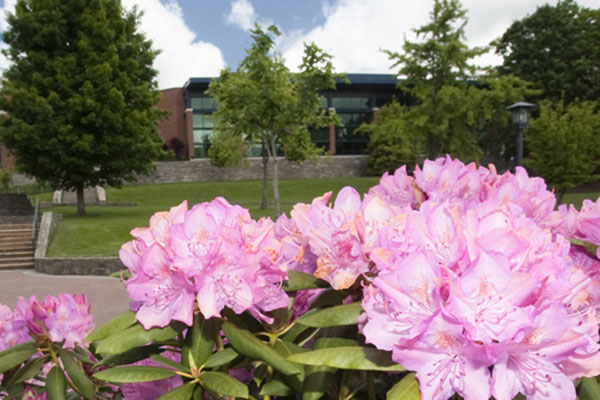
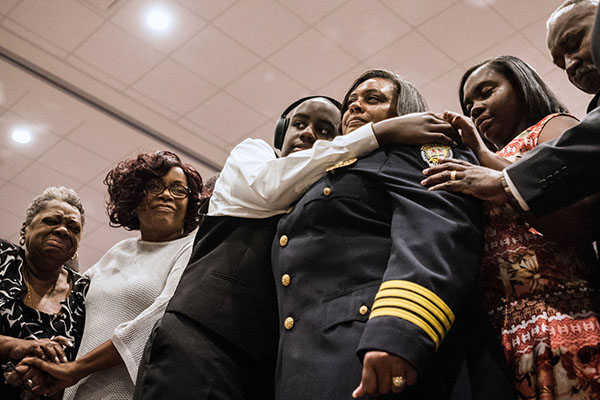
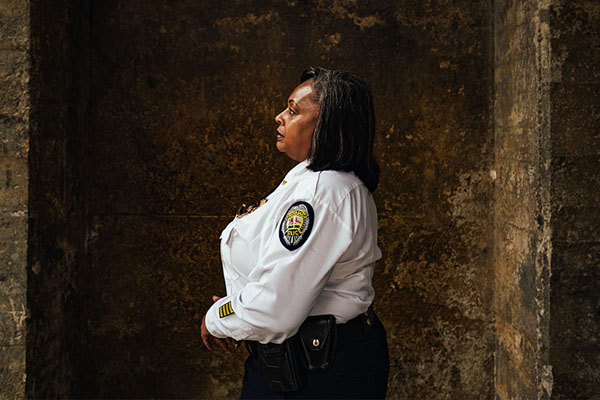

![How NCInnovation Is Rethinking Economic Development in North Carolina [faculty featured]](/_images/_posts/2026/02/rethinking-economic-development-600x400.jpg)









